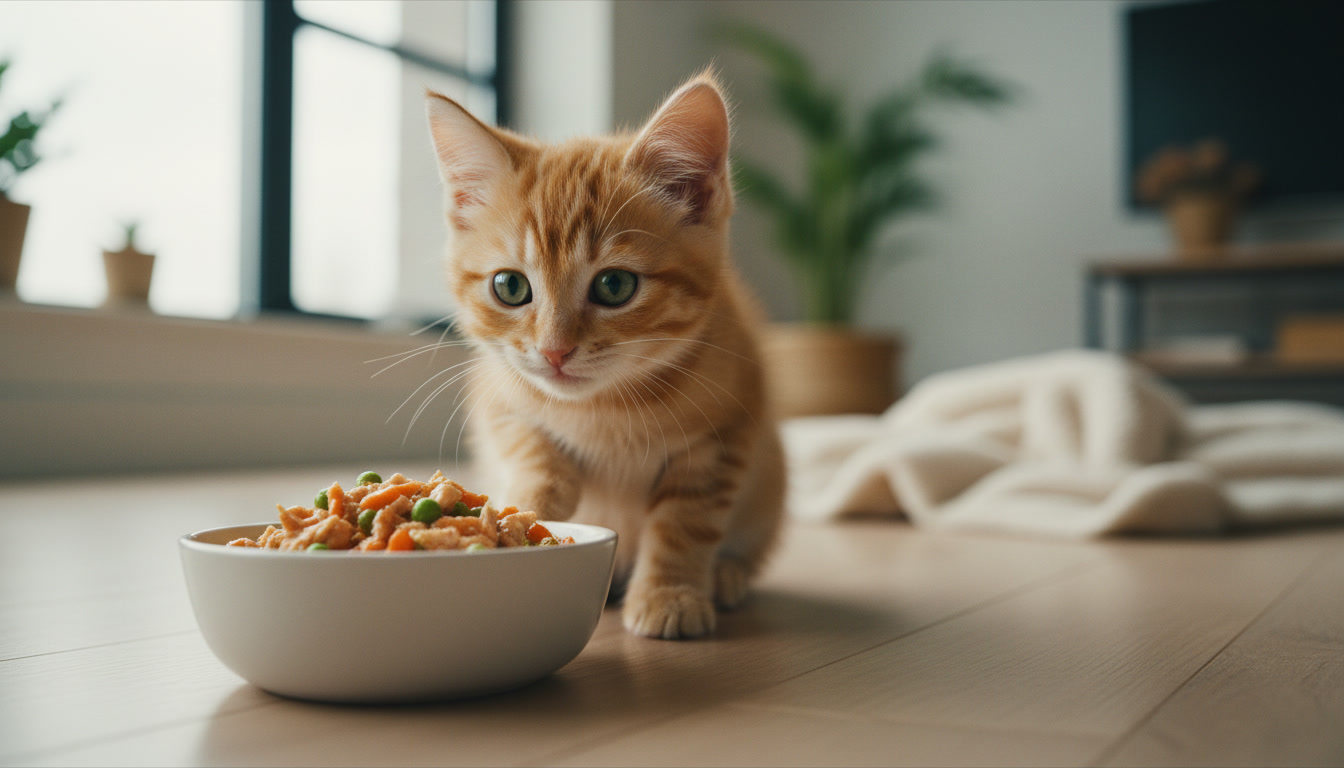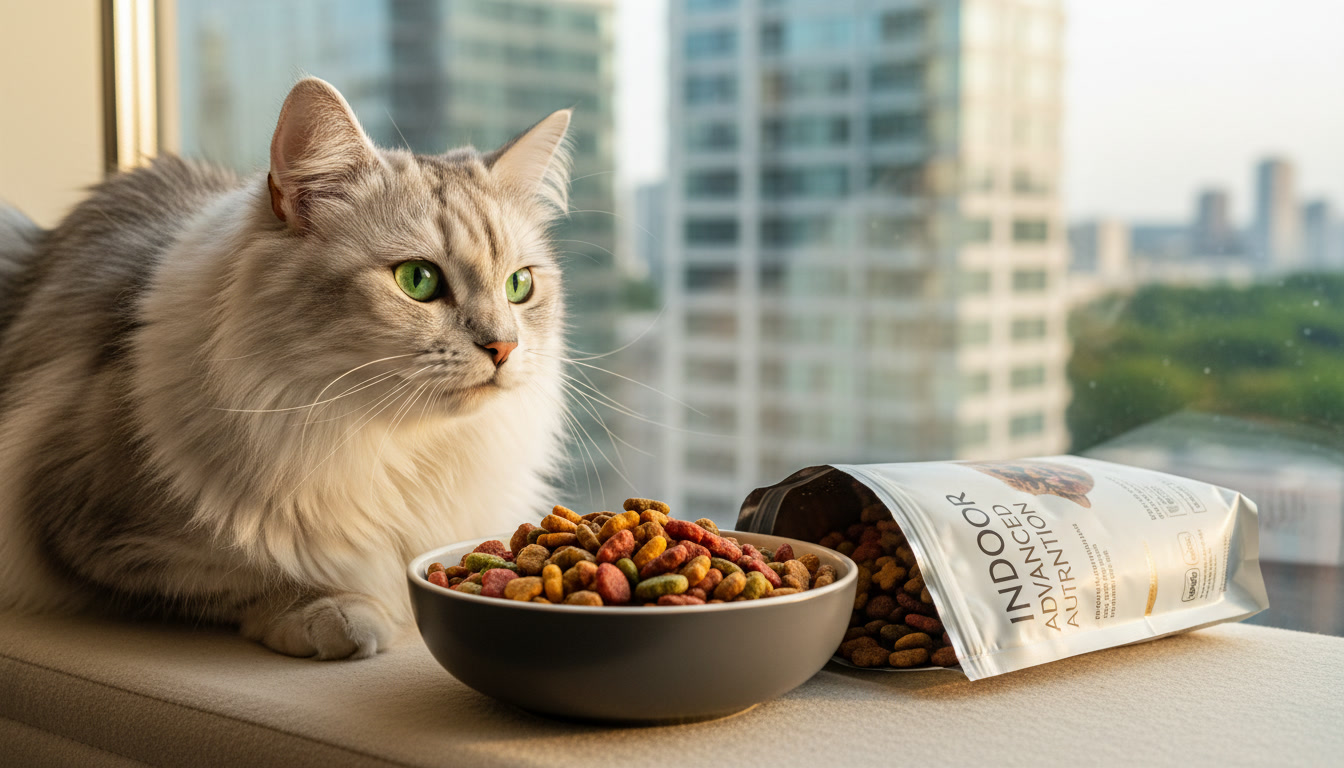Looking for simple and effective pet care guidance? Learn the 10 essential pet care tips every pet owner should know to keep your furry companion healthy, happy and thriving. From nutrition and exercise to grooming and emotional well-being, these easy-to-follow tips help you build a stronger bond and ensure your pet enjoys a long, joyful life.
1. Schedule Regular Vet Visits
Your pet relies on you to safeguard their health and routine vet checkups are the foundation of preventive care. Most pets should see the vet at least once a year for a full physical exam, vaccinations and parasite screenings.
Puppies, kittens and senior pets may require more frequent visits because their immune systems and health needs change more rapidly.
Regular exams help detect early signs of illness, which are far easier and less expensive to treat when caught early. Vets can also guide you on nutrition, dental care and subtle behavior changes you might overlook.
Consider keeping a simple health journal to track vaccinations, medications and changes in weight or behavior.

2. Feed a Balanced, High-Quality Diet
Your pet’s diet directly affects their energy, health and longevity. With so many options available, choosing quality food is essential.
Look for veterinarian-recommended brands that list real meat, fish or poultry as the first ingredient. Avoid foods loaded with artificial colors, fillers or unnamed by-products.
If you prefer homemade or raw diets, consult your vet or a certified pet nutritionist to make sure your pet receives a proper balance of protein, fats, vitamins and minerals.
And always skip the table scraps. Foods like chocolate, onions, grapes and avocado can be toxic to pets.

3. Exercise Is Non-Negotiable
A well-exercised pet is healthier, calmer and better behaved. Regular physical activity supports heart health, maintains a healthy weight, protects joints and reduces anxiety.
Dogs need daily walks anywhere from 30 minutes to 2 hours depending on breed, age and energy levels. Cats benefit from interactive play sessions with feather wands, laser toys or anything that mimics hunting.
Pets who don’t get enough activity can become bored or anxious, leading to chewing, scratching or excessive barking.
Switch up walking routes or introduce new toys every few weeks to keep things fun and stimulating.

4. Keep Up with Grooming and Hygiene
Grooming isn’t vanity, it’s health care. Regular grooming sessions prevent matting, skin infections and parasite infestations while keeping your pet comfortable.
Basic grooming routine:
- Brush your pet’s coat regularly (daily for long-haired breeds)
- Bathe using pet-safe shampoo only when needed
- Trim nails once or twice a month
- Clean ears and brush teeth regularly
Dental hygiene, in particular, is often neglected. Start brushing your pet’s teeth early using vet-approved toothpaste, human toothpaste can be dangerous.
If grooming feels overwhelming, consider professional groomers who understand your pet’s coat type and skin sensitivity.

5. Mental Stimulation Matters
Pets need mental exercise as much as physical movement. Boredom can lead to anxiety and destructive habits.
Keep your pet mentally sharp by:
- Using puzzle feeders or treat-dispensing toys
- Teaching simple tricks and commands
- Rotating toys every few days to keep them new and exciting
- Setting up a perch for cats to watch the world outside
Even just talking to your pet or teaching them new cues builds engagement and trust.

6. Create a Safe, Comfortable Environment
Your home should be a sanctuary where your pet feels safe, calm and loved.
Maintain a clean, hazard-free environment and provide a dedicated space and cozy bed, where your pet can retreat and relax.
For dogs, ensure your yard or balcony is secure. For cats, remove toxic plants, strings and small objects they could swallow.
Temperature matters too: avoid exposing pets to extreme heat or cold.
A peaceful environment helps reduce stress and supports your pet’s emotional well-being.

7. Train with Positivity and Consistency
Training isn’t about control, it’s about clear communication. The most effective training relies on patience, consistency and positive reinforcement.
Reward good behavior with treats, affection or play. Redirect or ignore unwanted behavior instead of punishing it; harsh discipline can damage trust and create fear.
Start with the basics like; (sit, stay, come) which help keep your pet safe and improve daily life.
Both dogs and cats learn best when they feel secure and respected, so keep sessions short, upbeat and rewarding.

8. Don’t Skip Dental Care
Dental care is vital to your pet’s long-term health. Neglected oral hygiene can lead to infections, tooth loss and even organ complications.
Brush your pet’s teeth several times a week using pet-safe toothpaste. Dental chews and toys can also help reduce plaque naturally.
Watch for signs of dental issues such as bad breath, drooling or difficulty chewing. If you notice any of these, schedule a dental exam promptly.

9. Socialize Early and Often
Pets, especially dogs thrive when they learn to navigate the world confidently. Early socialization helps prevent fear, aggression and anxiety later in life.
Start small with gentle introductions to new people, sounds and environments. Reward calm, curious behavior and give your pet breaks when they seem overwhelmed.
Rescue animals may need extra patience and time. Allow them to explore new experiences at a pace that feels safe.
A well-socialized pet is happier, more confident and easier to handle in everyday situations.

10. Give Them Time, Love and Patience
At the heart of exceptional pet care is love. Your pet doesn’t need perfection, they simply need your presence.
Spend quality time each day playing, talking and building meaningful moments together. Appreciate their quirks and stay tuned to their moods; pets are incredibly perceptive and respond deeply to your emotions and routines.
A pet who feels safe and loved will give you unwavering loyalty, comfort and genuine affection.
Caring for a pet is a lifelong commitment, but the joy, companionship and emotional support they offer make every moment worthwhile.

Frequently Asked Questions
- How often should I take my pet to the vet?
Routine vet visits are a key part of responsible pet care. Most pets should have a full exam and vaccinations once a year. Puppies, kittens and senior pets may need checkups every six months to support their overall pet care routine and help detect health issues early. -
What are the signs that my pet might be sick?
Good pet care means paying attention to any changes in your pet’s behavior or health. Watch for sudden differences in appetite, energy or activity levels. Symptoms like coughing, vomiting, diarrhea, limping or bad breath can also be warning signs. When in doubt, contact your vet. -
How can I make sure my pet’s diet is balanced?
Proper nutrition is the foundation of quality pet care. Choose species- and age-appropriate food with real protein and essential nutrients and avoid fillers or heavily processed treats. For tailored advice, your vet can recommend trusted Pet Care brands or guide you in creating a balanced homemade diet. -
How much exercise does my pet really need?
Exercise is a vital part of effective pet care. Dogs typically need 30–120 minutes of activity per day depending on their breed, size and energy level. Cats also benefit from 15–30 minutes of daily play. Regular movement boosts mood, prevents obesity and supports long-term pet care wellness. -
What human foods are toxic to pets?
A major aspect of safe pet care is knowing which foods to avoid. Never give pets chocolate, onions, garlic, grapes, raisins, caffeine, alcohol or xylitol (commonly found in gum and candy). Even small amounts can be dangerous, so always prioritize careful pet care when offering treats.















